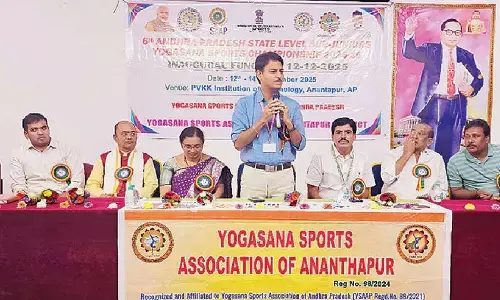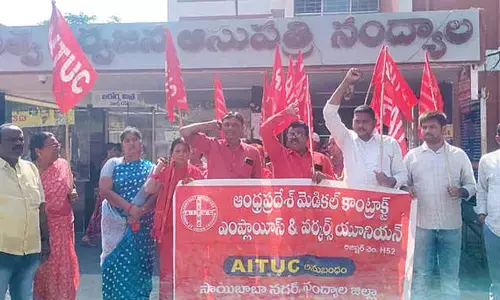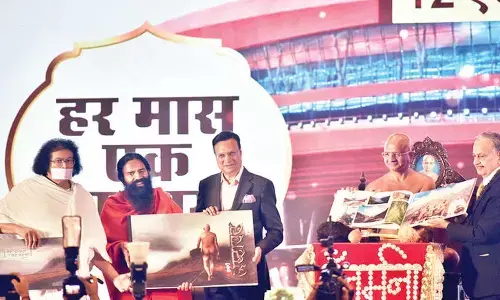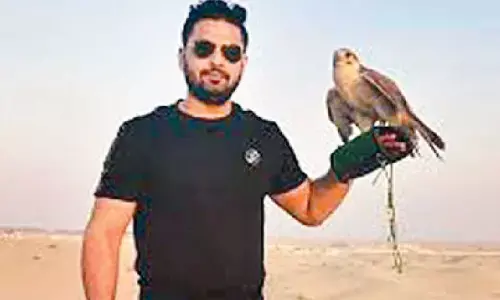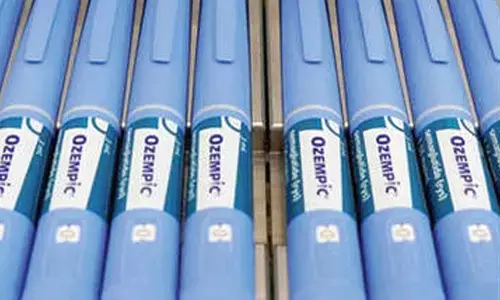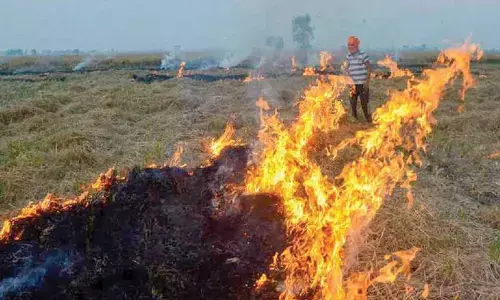Saudi Vs Iran: Can Delhi avoid taking sides?
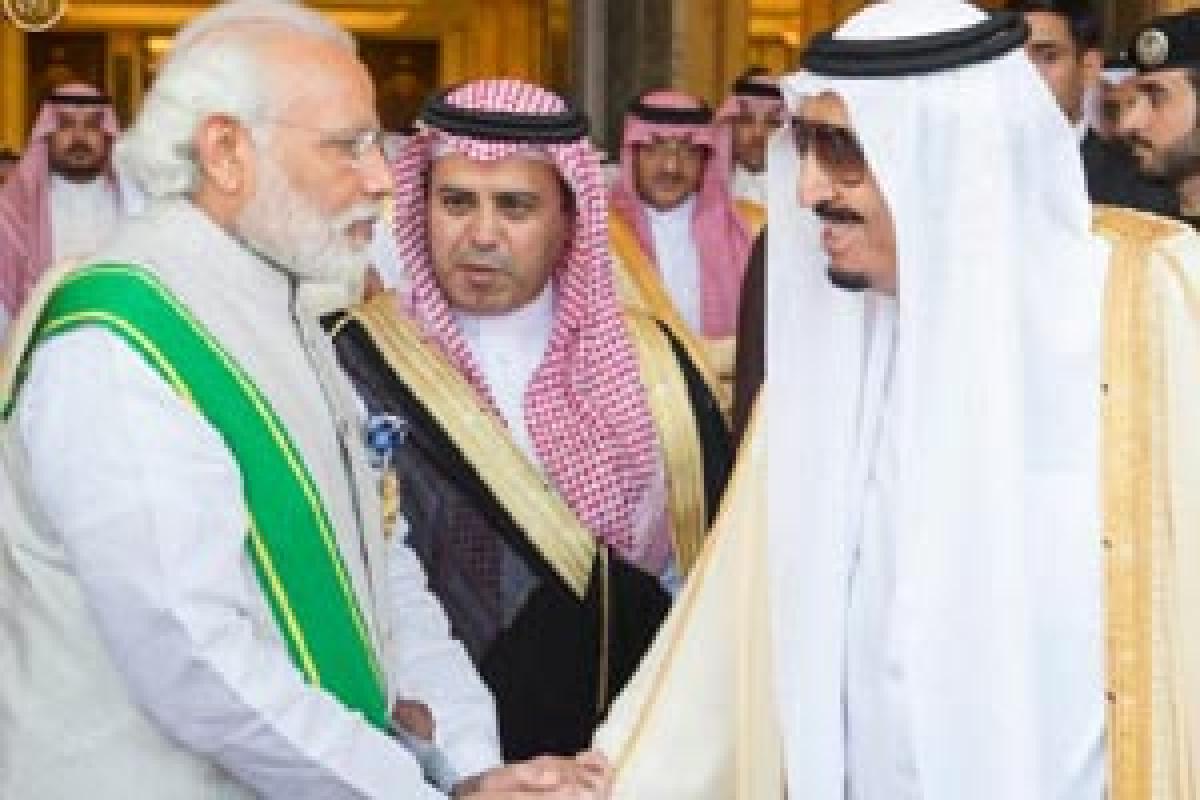
Polarised politics is what pundits were expecting from the party and its principal leader with an eye on polls in key states. But Prime Minister Narendra Modi surprised people by turning up in Riyadh to meet the custodian of Islam’s two holiest shrines, King Salman bin Abdulaziz.
Polarised politics is what pundits were expecting from the party and its principal leader with an eye on polls in key states. But Prime Minister Narendra Modi surprised people by turning up in Riyadh to meet the custodian of Islam’s two holiest shrines, King Salman bin Abdulaziz.
In doing so, he has dropped a pebble in the pond. Ripples will lap at many shores in the region Pakistan, Iran, the Gulf countries. Israel, of course, will have noted the visit with satisfaction. The timing of the visit was such that defence and strategic relations had to be given saliency.
Saudis are in deep trouble in Yemen. Relentless air bombings for a year have razed cities and infrastructure to the ground but not brought the Yemenis to their knees. Riyadh talks only of “Iran-backed Houthi rebels.” It were in these desperate circumstances that Riyadh turned to their Pakistani friends for military help in Yemen, including for combat duties.
After conferring with Army Chief Raheel Sharif, Prime Minister Nawaz Sharif placed the issue before the National Assembly where it was shot down. Saudis were in no mood for niceties. They simply put aside their old friendship with Pakistan and clasped India’s hand. It would be wrong to say the Riyadh turned to New Delhi on a rebound.
It is a long friendship of which energy security, Indian diaspora, billions worth of remittances and annual Haj are some of the salient features. The finest diplomats have been generally selected as ambassadors. Vice President Hamid Ansari was one such. Also, the late king Abdullah was the chief guest at the Republic Day Parade in 2006.
In 2010, Prime Minister Manmohan Singh visited Riyadh. To that extent the present visit represents a continuity but in a different setting. Saudis have to pull themselves up if they are to avert a nosedive in Yemen at a time when nothing is going Riyadh’s way in Syria.
The other uniqueness derives from Modi’s persona. Here is the first avowedly Hindu nationalist leader, one who declared in parliament that the entire Muslim period was one of “ghulami” or subservience: he has now reached out to befriend a country with a special resonance for the world’s Muslims. It would be too abrupt to put it down to a change of heart. Implicit in the visit is nimble footed diplomacy: it foils Pakistan in its most vulnerable moment with the House of Saud.
The Saudis have given New Delhi everything it could have wanted on defence, terrorism - and much more without naming Pakistan. There will be “exchange of visits by military personnel and experts, conduct of joint military exercise, exchange visits of ships and aircraft and supply of arms and ammunition and their joint development.” In this and several such blanket statements, the sky is the limit.
The flip side to the narrative is the lack of finesse with which Iran has been handled. The visit was planned at a time when Saudis had snapped diplomatic ties with Iran after an uproar in parts of the Muslim world after the beheading of popular Shia cleric, Nimr al Nimr, in the oil-rich Eastern province of the Kingdom. Surely Tehran, with which we have a more assured future, could have been kept in the loop.
That Oil and Petroleum Minister Dharmendra Pradhan is being sent to Tehran with a technical team to ostensibly discuss the $6 billion Farzand-B gas field project will be seen by Tehran for what it probably is – a damage control exercise.
It is very tempting to help protect the sea lanes off the troubled cities of Aden in Yemen and Jizan on the Saudi-Yemen border. Caution would be required because an opening with Riyadh could become a slippery slope if New Delhi finds itself taking sides in the Kingdom’s adversarial moves in the region, eventually targeting Tehran. Already talks with Yemeni groups and the Saudis are taking place in Oman. These cannot be without direct or indirect Iranian participation.








